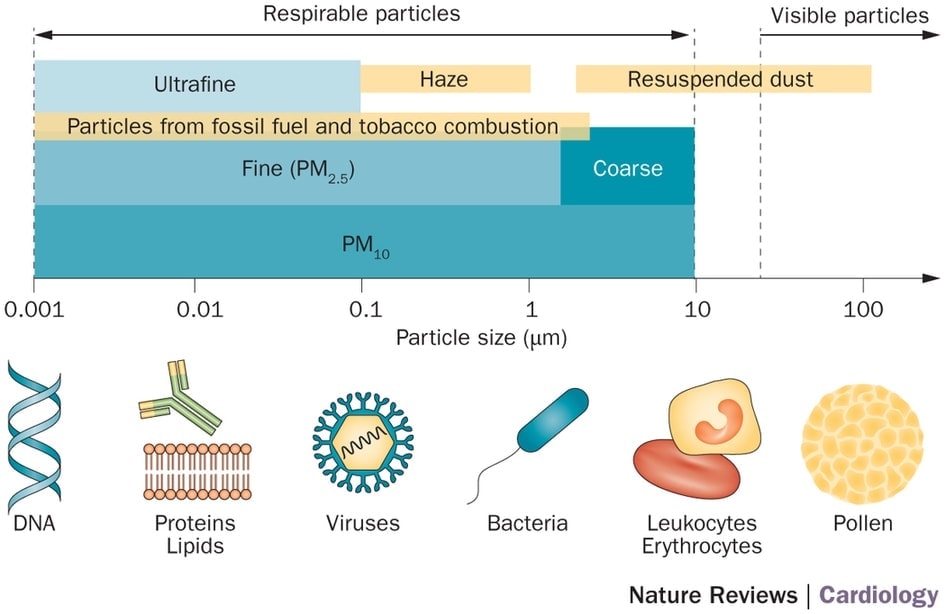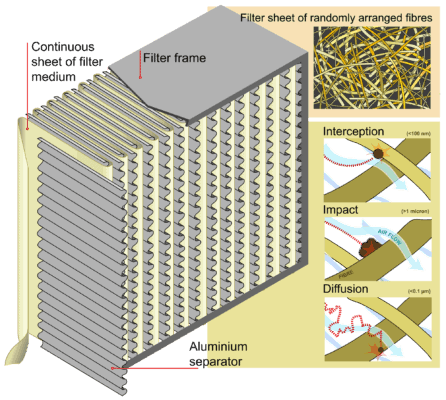Many robot vacuums in Malaysia today comes equipped with filters. Higher-end models comes with HEPA Filters. So what exactly should you look for? Filters or HEPA filters? Why should you choose robot vacuum with HEPA filters?
While our homes might seem to have clean air, the reality is very different. The air we breathe is filled with particles of dust, allergens, dirt and dust mites – all of which can cause allergic reactions or asthma attacks.
You can’t get rid of these floating allergens completely, but you can reduce them to manageable levels. But how?
This is what I will be talking about today.
The best type of filter is the HEPA (high-efficiency particulate air) filter – which is why they have become such an important selling point for all sorts of vacuums and air purifiers. These filters can remove particles as small as 0.3 microns, which is considerably smaller than standard filters.
HEPA filters don’t just catch hair and dirt though. They are effective at stopping certain types of bacteria, viruses and mold from spreading around the home.

According to the Institute of Environmental Sciences and Technology, a true HEPA filter is one that can trap 99.97 percent of dust particles that are a minimum 0.3 microns in diameter (where a micron is one millionth of a meter).
To put this in perspective, a human hair is around 100 microns wide.

Basic non-HEPA filters act as a sieve aka "tapis". Air passes through a sheet of small holes, which traps larger particles while letting the majority of the air through. This works well for larger particles, but small particles of dust, dirt and hair can still pass through without being caught.
So in order to make these non-HEPA filters more efficient, robot vacuum manufacturers adds an extra layers of filters, some even add cotton to their filters!
The only problem from these approach is that these filters become stuffed/congested with particles, dusts, very very quickly and you find that your robot vacuum losses suction over time, and the performance deteriorates.
That’s why HEPA filters use a different mechanism to remove dust and dirt particles from the air. There are two primary stages:

This combination of techniques makes HEPA filters highly effective at removing airborne particles. To be classed as a HEPA, a filter must be capable of removing up to 99.97% of particles from the air, including dust mites, mold, pollen, dirt and bacteria. As you can imagine, this can greatly relieve allergies, which is why we always recommend robot vacuums with HEPA filters for allergy sufferers.
You should always, always, I repeat, ALWAYS opt for HEPA filter whenever possible, be it vacuum, robotic vacuum, or air purifier.
While HEPA filters can’t eliminate all allergens, HEPA filters can significantly reduce the amount in the air dramatically. This can quickly relieve airborne allergies symptoms for people with asthma, sinusitis or hay fever to name a few, or at least reduce them to a manageable level.
But what if you don’t have an allergy? HEPA filters is still be good for your general home health and hygiene, as they prevent a big portion of bacteria, mold, spores and viruses from being released back into the air after vacuuming. They also help to keep your home’s air cleaner, which is always a good thing.
One thing to note is that HEPA filters CANNOT remove odours, nasty smell (applicable if you have pets at home).
Hope you learn a thing or two!
Sales & Expert advice
603-2730 2188
or +6019-625 2288
Sales & Expert advice
6019-625 2288
or +603-2730 2188